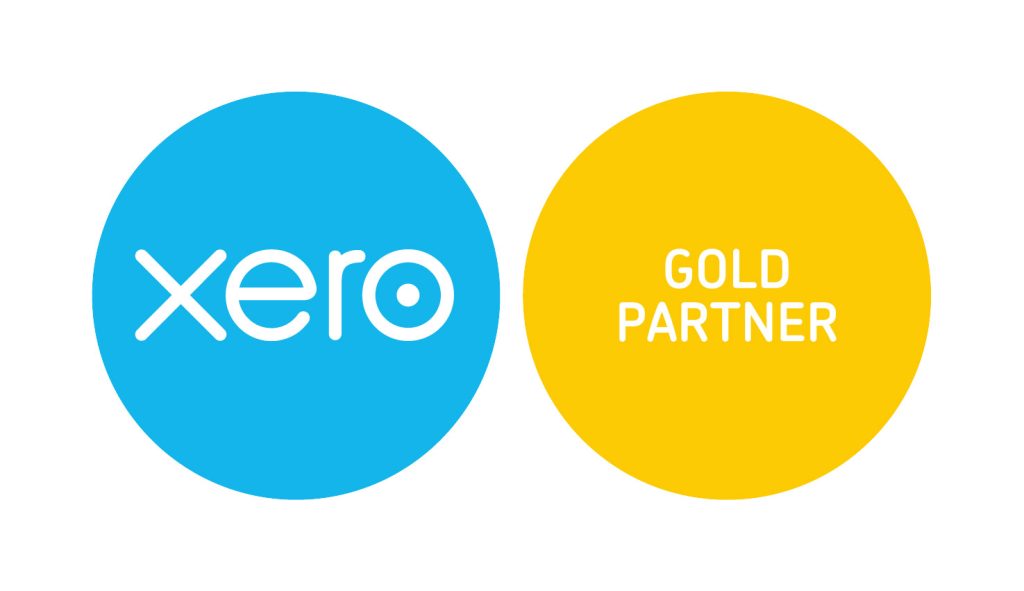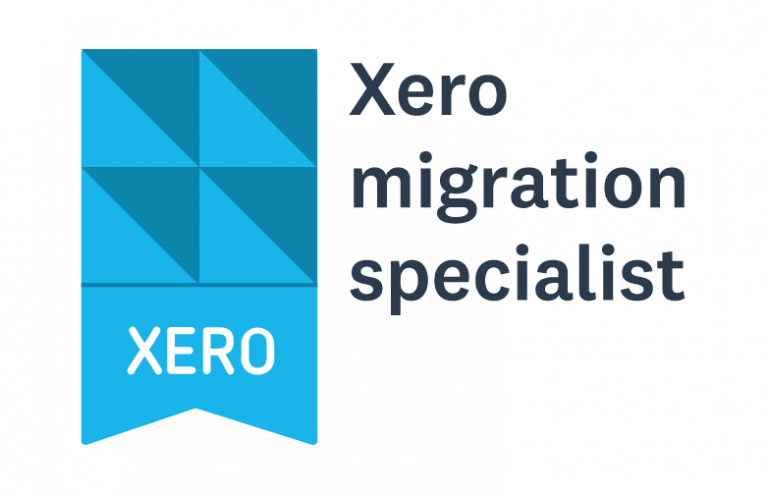Directors can enjoy various financial benefits, including tax advantages, directors’ pensions, and access to directors’ loan accounts. As a director of a limited company, if you’re looking for additional funds but want to avoid taking out a traditional loan due to the high interest payments, then a director’s loan may be beneficial.
You can use a director’s loan account to borrow money from your company or lend money to it. This gives you more flexibility and control over what you are borrowing, although it can come with other risks. As a director, you can clear the account with your salary, dividends or personal funds.
In this blog, we explore what a director’s loan account is, the different types of directors’ loans, and how they can benefit you.
At Spotlight Accounting, we aim to help small and medium businesses reach their full potential. We provide expert advice on all business and accounting matters to ensure clients stay as tax-efficient as possible. If you want to learn more about how we can help your business, then please get in touch.
What is a director’s loan account?
A director’s loan account acts as a financial bridge between a company and its director. It enables the director to borrow money from their company or lend money to it.
When borrowing or lending money to a company as a director, all business transactions need to be recorded – this is essentially what the director’s loan account is for.
What are the different types of director’s loans?
A director’s loan can be used in two ways:
1) Borrowing money from the company: Directors’ loans can be used to borrow additional funds from the company that are not part of the director’s usual salary or dividends. It is treated like a regular loan and must be repaid within nine months of the company’s year-end.
2) Lending money to the company: In addition to borrowing money, as the director, you can choose to lend money to your company through your own personal funds. You might choose to do this for additional funding or to buy assets. Lending money to your company puts your director’s loan account in credit, and you also become one of the company’s creditors (as you won’t be owing any money).
How much can you borrow from a director’s loan?
The amount you can borrow from a director’s loan will usually depend on you and your company’s financial position and whether you will be able to repay the loan within the nine-month deadline.
While there is no limit to how much you can borrow from your company, speaking to an experienced accountant can help you make better-informed decisions and prevent you from running into issues down the line.
At what point does it become an overdrawn director’s loan account?
A director’s loan account becomes overdrawn as soon as you start owing the company money. Overdrawn directors’ loan accounts are one of the most common issues companies face, and they can sometimes lead to certain tax issues and penalties if the loan isn’t paid on time.
Both the business and the director must adhere to the specific tax rules associated with overdrawn directors’ loan accounts.
Tax implications of a director’s loan?
As with any loan, certain tax implications can occur when taking out a director’s loan. This can impact both the director and the company, so it is important to be aware of your tax liability and what you owe.
Tax outcomes can vary depending on whether the director owes money to the company or the company owes money to the director and the timeframe in which the loan is repaid.
It is important to repay the overdrawn director’s loan account within the nine-month deadline to avoid any unnecessary tax charges and pay less tax. With the help of our Tax Planning Service, you can be sure of any tax liabilities associated with your director’s loan.
Corporation tax
One of the key things to consider when taking out a director’s loan is corporation tax. This is usually payable by the company when the director’s loan account is overdrawn and is either over £10,000 in debt or has not been paid within the correct timeframe.
Corporation tax is charged at 33.75% (or 32.5% if the loan was taken out before 6 April 2022).
The company can reclaim the corporation tax on a loan that has been repaid or written off. This can be done nine months and one day after the corporation tax accounting period.
Income tax implications
If you cannot repay your director’s loan account on time, then the benefit of the interest on an outstanding loan can be treated as additional income, and you may be liable to pay income tax. This will need to be recorded on your Self Assessment tax return.
National Insurance contributions
While there is no limit to how much you can borrow, borrowing over £10,000 may open you up to higher tax and insurance implications. If you owe the company more than £10,000, then this can be treated as a benefit in kind, and the company will need to be reported to HMRC, along with Class 1 National Insurance deductions.
In this instance, the director will need to report the loan on their Self-Assessment tax return and may also be required to pay tax at on the interest at the official interest rate.
Tax avoidance
In some cases, directors may consider repaying their loan and immediately taking out a new one to avoid the corporation tax penalties of a late payment. This can be considered tax avoidance by HMRC and isn’t advisable.
What are the benefits of a director’s loan?
A director’s loan can be a valuable asset for company directors. It offers financial flexibility, allowing you to access emergency funds for personal or business purposes.
With proper management, a director’s loan can also help with investment opportunities, personal financial goals and supporting the company during challenging times. Ultimately, it can be a more tax-efficient way to access funds at a lower (or even no) interest rate.
It is important to stay on top of your director’s loan account and comply with your legal obligations to fully enjoy the benefits they offer.
Can a director’s loan account be written off?
The company can write off a director’s loan account. However, this needs to be completed as part of a formal process so that both the company and the director can fulfil their financial obligations.
When a director’s loan account is written off, the loan amount will be treated like income tax. The director must disclose it in their Self-Assessment tax return, and they may also be required to pay additional taxes on the amount.
Get on track with Spotlight Accounting
Navigating the complex world of director’s loan accounts can be tricky, especially if you find yourself constantly overdrawn.
With the help of our Spotlight on Track service, we can assist you in putting a plan in place to ensure you can clear the account within a reasonable time and get your business back on track.
If you want more personal advice about whether it is a good idea to borrow money from your company, then contact us today, and an expert accountant will be able to help.
Conclusion
Director’s loans can be really beneficial when you require additional funding. However, they should be treated cautiously and used only as an emergency finance solution, such as covering unexpected bills.
There are plenty of factors to consider when choosing to take out a director’s loan, and we have written a list of questions to ask yourself and your accountant before making any decisions.
- Can the company afford to lend me the money?
- Are there any alternative options to a director’s loan?
- What is my repayment plan?
- Will either party be required to pay tax?
- What will the impact be on the company?
These are just a few questions you should consider before deciding whether a director’s loan is the most suitable option for your needs. At Spotlight, we can help guide you to the most financially beneficial solution for both you and your company – we can also support you far beyond your loan account.
To learn more about how to deal with a director’s loan account, please speak to an expert at Spotlight.















